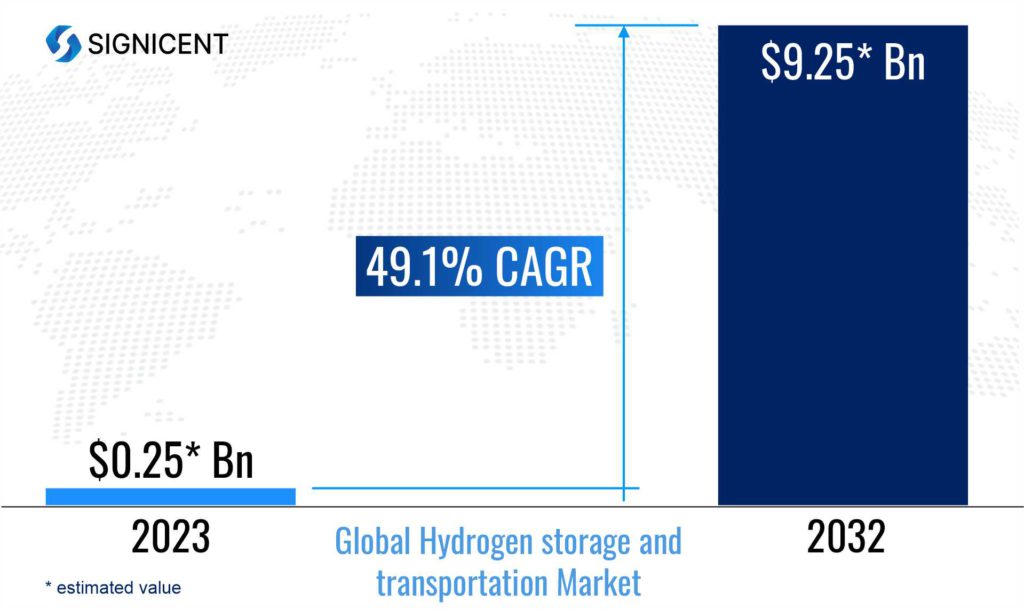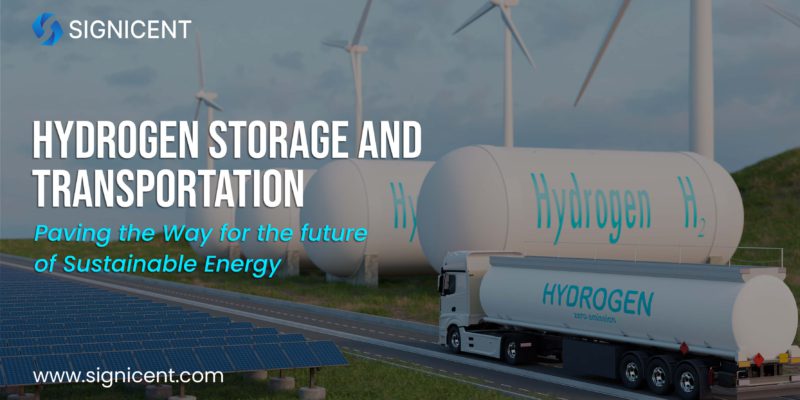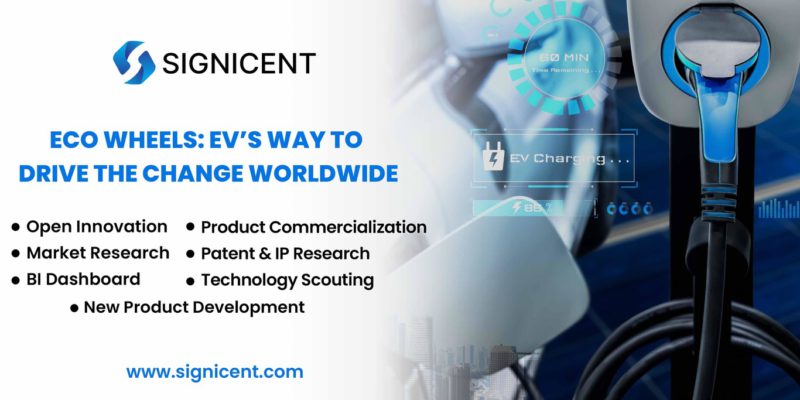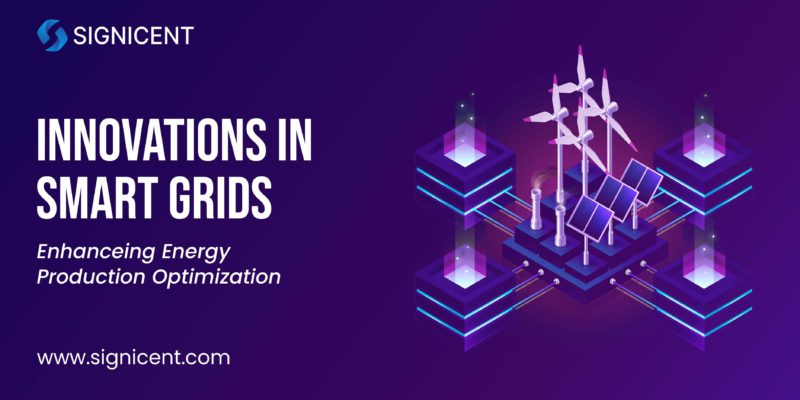In an era where the demand for cleaner, more sustainable energy sources is greater than ever, hydrogen has emerged as a key player in the race to reduce our carbon footprint. Imagine a future where our cities are powered by an energy source that produces only water as a byproduct, a source so abundant that it could potentially fuel the entire planet. This is the promise of hydrogen energy. Yet, despite its potential, the journey to widespread hydrogen adoption is fraught with challenges, particularly in the realms of storage and transportation. As we move closer to a greener future, overcoming these challenges will be crucial in realizing hydrogen’s full potential.
Why is storing hydrogen crucial for a sustainable future?
Storing hydrogen is critical for a sustainable future, serving as a link between renewable energy output and consumption. It catches extra wind and solar power, making it available when needed, thereby stabilizing the grid and reducing reliance on fossil fuels. Furthermore, hydrogen storage enables efficient transportation and distribution, accelerating the clean energy transition and propelling us toward a low-carbon future.
The different types of Hydrogen and their Production
Hydrogen can be categorized into different types based on its production process, primarily gray, blue, and green hydrogen.
- Gray Hydrogen: Produced from natural gas using steam methane reforming (SMR), gray hydrogen is the most common but has high carbon emissions, making it less eco-friendly.
- Blue Hydrogen: Like gray hydrogen but with carbon capture and storage (CCS) technology, blue hydrogen reduces CO2 emissions, offering a cleaner, though still fossil-fuel-dependent, alternative.
- Green Hydrogen: Produced via electrolysis using renewable energy, green hydrogen splits water into hydrogen and oxygen, making it entirely carbon-free and the most sustainable hydrogen option.
Currently, green hydrogen production is on the rise, with significant projects underway in countries like Germany, Japan, and Australia, where large-scale facilities are producing gigawatts of clean energy.
Signicent’s technology monitoring provides continuous updates on advancements in hydrogen storage and transport, ensuring clients stay informed about the latest innovations and emerging trends.
Each year Signicent provides consultancy to hundreds of organizations to help transform their innovations to value.
Hydrogen Production Technologies
The hydrogen production landscape is evolving rapidly, with new technologies emerging to make the process more efficient and sustainable.
- Proton Exchange Membrane (PEM) Electrolysis: This technology is becoming increasingly popular for green hydrogen production. It operates at lower temperatures and is highly responsive to fluctuating renewable energy sources, making it ideal for integration with solar and wind power.
- Solid Oxide Electrolysis Cells (SOECs): SOECs offer higher efficiency by operating at higher temperatures, which allows them to use both electricity and heat to produce hydrogen. This makes them a promising option for industries where high-grade heat is readily available, such as steel manufacturing.
Challenges in Hydrogen Storage
One of the most significant hurdles in hydrogen adoption is storage. Hydrogen, being the lightest element, has a very low energy density by volume, which makes storage challenging.
- High Pressure Tanks: Storing hydrogen in high-pressure tanks poses risks due to the need for robust materials and strict safety protocols to prevent leaks and explosions.
- Cryogenic Storage: Storing hydrogen as a liquid at cryogenic temperatures is energy-intensive and requires sophisticated insulation to maintain extremely low temperatures.
- Metal Hydrides and Chemical Storage: Current research into using metal hydrides and chemical compounds for hydrogen storage faces challenges in developing efficient, safe methods for practical use.
Signicent’s technology gap analysis identifies unmet needs in hydrogen storage solutions and transport systems, ensuring clients remain competitive with innovative improvements.
Challenges in Hydrogen Transportation
Transporting hydrogen also presents unique challenges due to its physical properties.
- Pipeline Infrastructure: Hydrogen’s small molecule size causes metal embrittlement in existing pipelines, making them unsafe for hydrogen transport, necessitating costly development of dedicated hydrogen pipelines.
- Liquefied Hydrogen Transportation: Transporting hydrogen as a liquid requires expensive, energy-intensive cryogenic tanks and complex maintenance, making it a less efficient and more challenging method.
- Hydrogen Leakage: Hydrogen’s tiny molecules are prone to leakage, which not only increases safety risks but also results in significant energy loss during transportation.
Through detailed technology landscape analysis, Signicent maps the hydrogen storage technologies and transportation methods, helping clients understand market dynamics and growth opportunities.
Innovations in Hydrogen Storage and Transportation
- Advanced Materials for High-Pressure Tanks: Research is being conducted on new materials like graphene and carbon nanotubes, which have the potential to store hydrogen at higher densities and lower pressures, making storage safer and more efficient.
- Modular Storage Units: Companies are developing modular storage units that can be easily scaled and transported, making hydrogen more accessible for smaller-scale applications.
- Metal Hydrides for Safer Storage: Research into metal hydrides like magnesium hydride and chemical hydrides such as ammonia borane aims to store hydrogen efficiently at lower pressures and ambient temperatures.
- Improved Insulation for Cryogenic Storage: Aerogels and vacuum-insulated panels reduce energy loss, making cryogenic hydrogen storage more viable for large-scale transport, especially in maritime and aviation sectors.
- Leak Detection and Prevention Technologies: Advanced leak detection systems using sensors and automated shutoff mechanisms can minimize hydrogen leakage during storage and transportation, reducing energy loss and safety risks.
Ammonia as a Carrier: One innovative solution is to convert hydrogen into ammonia for transport. Ammonia, being easier to store and transport, can be converted back into hydrogen at the destination. This method is being explored by companies in Japan and Australia as a potential solution for long-distance hydrogen transport.
Hydrogen-Powered Ships and Trains: Innovations in transportation include hydrogen-powered ships and trains that could revolutionize long-distance travel by reducing reliance on fossil fuels and cutting emissions.
Signicent’s technology assessment and valuation evaluates hydrogen technologies’ performance and market value, helping clients make informed investment decisions and optimize their technology strategies.
Market Research
By 2050, Brazil is poised to become a significant player in the global green hydrogen market, potentially supplying 10% of the world’s demand. This ambitious goal underscores Brazil’s commitment to harnessing its vast renewable energy resources, particularly in wind, solar, and hydropower, to produce and export green hydrogen. The country’s strategic investments in hydrogen storage and transportation infrastructure are critical to achieving this target, enabling efficient and scalable distribution of hydrogen both domestically and internationally. Brazil’s role in the green hydrogen market is expected to contribute significantly to the global energy transition, positioning it as a leader in sustainable energy solutions.
As per Signicent’s market researchers, the global market for Hydrogen storage and transportation is likely to reach values in the ranges shown below.

Key Players
The global hydrogen market is expanding rapidly, with several key players leading the charge:
According to recent market research, the hydrogen sector is expected to grow significantly in the coming years, driven by increased demand for clean energy and advancements in hydrogen technologies. Countries like Germany, Japan, and Australia are leading the way with large-scale hydrogen projects, and the global market is poised to reach new heights.
Signicent plays a pivotal role in advancing hydrogen storage and transportation technologies, crucial for a sustainable energy future. Our expertise in Freedom to Operate (FTO) analyses and assists clients in optimizing hydrogen solutions and enhancing infrastructure. Our case studies highlight how we support clients in improving storage efficiency, streamlining transportation methods, and achieving sustainability goals.
Conclusion
Hydrogen holds the key to a Future of Sustainable Energy, but the challenges of storage and transportation must be addressed to unlock its full potential. With ongoing innovations and strategic support from technology experts like Signicent, the hydrogen economy is set to transform the global energy landscape. As we look to the future, hydrogen’s role in decarbonizing industries and powering our world is more critical than ever. Together, we can drive the transition to a cleaner, greener planet.
About Signicent LLP
We assist businesses globally in their technology innovations, R&D, new product development, patents, valuation, product commercialization & market research needs.
Services Offered:
- Patent Landscape
- Patent Portfolio Analysis
- Patent Invalidity Search
- Patent Licensing Services
- Freedom to operate (FTO)
- Chemical Structure Search
- Design Patent Search
- Technology Scouting
- Technology Landscape Analysis
- Technology gap analysis
- Technology Intelligence
- Market Research
- Bio Sequence Search
- Manufacturers Search/ Supplier search
Elevate your Innovation and Research with Signicent’s cutting edge approach to assist you with Technology and Market related matters alongside the IP aspect of the analysis.


